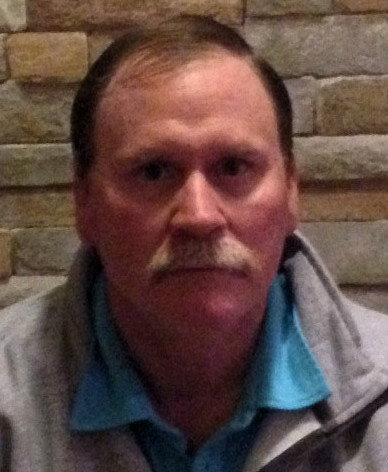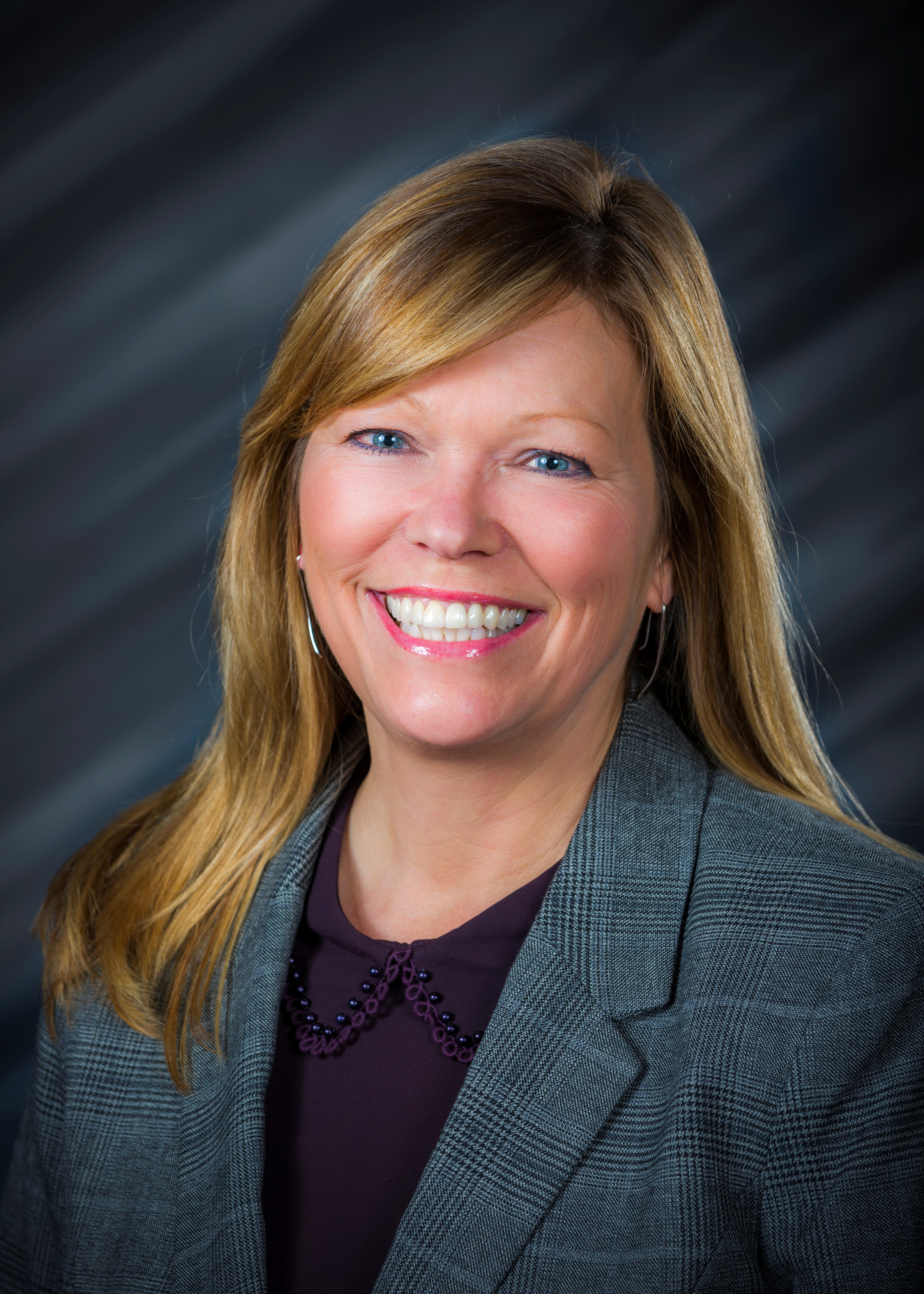 The third edition of the Operator-In-Training (OIT) manual was released in winter, 2017. This edition brings it up to date with current legislation, policies and practices.
The third edition of the Operator-In-Training (OIT) manual was released in winter, 2017. This edition brings it up to date with current legislation, policies and practices.
This popular reference text is used in training courses around the province as an introduction to the basics of drinking water, water treatment and wastewater operations, as well as providing lessons on legislation, disinfection, equipment, health and safety, chemistry and mathematics. It includes self-study questions with each chapter.
The new manual was edited and revised by staff of the Ontario Municipal Water Association (OMWA) with oversight by its board of directors and other contributors.


 By Ken MacDonnell, P. Eng.
By Ken MacDonnell, P. Eng. Ontarians depend on their municipal governments to provide clean, safe drinking water and effective stormwater and wastewater services. While municipal governments face a host of infrastructure challenges, continued investments in our water systems remain a priority to Councils across Ontario. These essential services are critical to our health and well-being, environment and economic development.
Ontarians depend on their municipal governments to provide clean, safe drinking water and effective stormwater and wastewater services. While municipal governments face a host of infrastructure challenges, continued investments in our water systems remain a priority to Councils across Ontario. These essential services are critical to our health and well-being, environment and economic development.